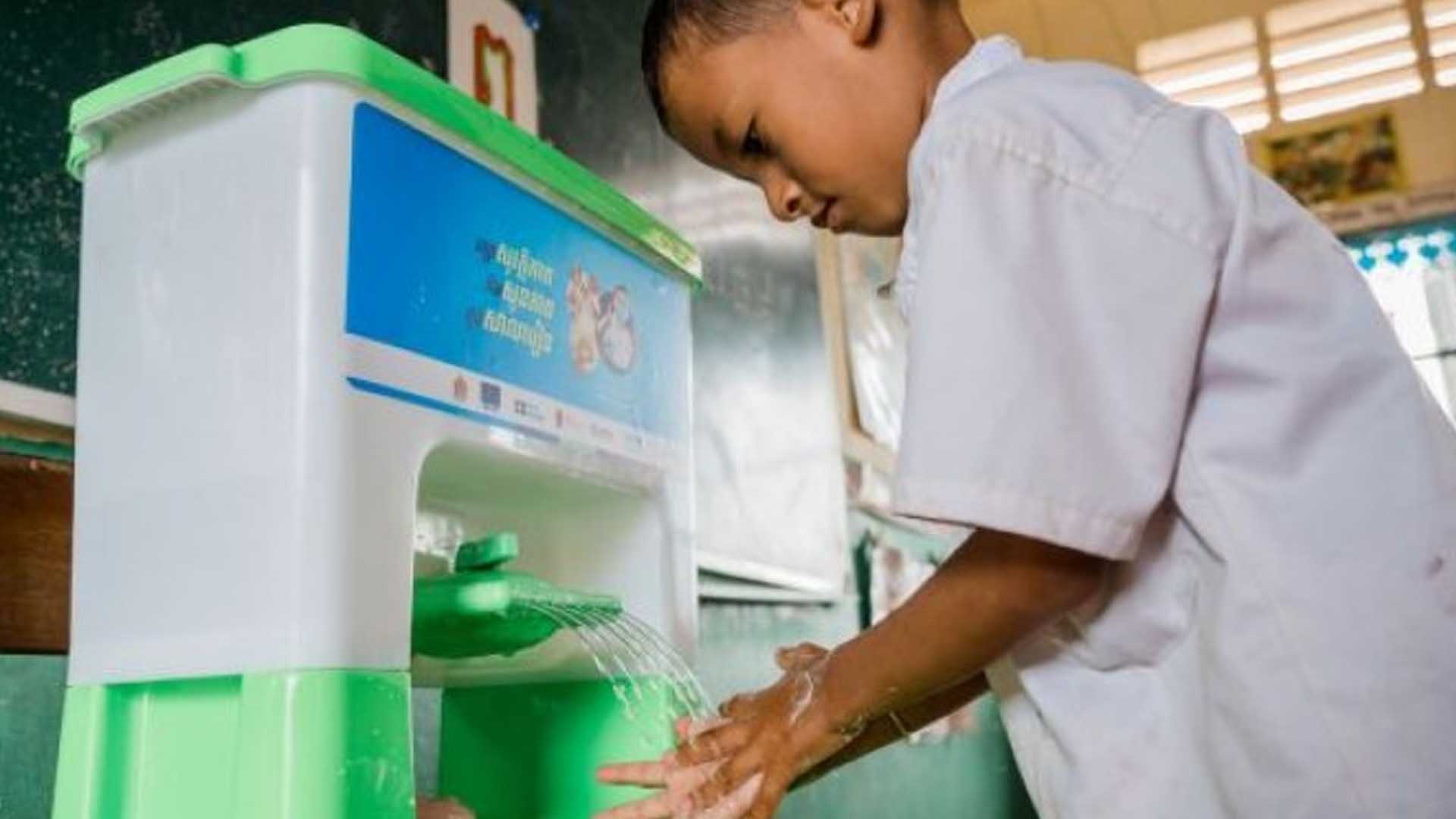The UNICEF Philippines is recommending the conduct of pilot face-to-face classes in low-risk areas in the Philippines starting March as it underscored the need for a “safe and progressive” return to in-person schooling.
“The negative effects of keeping schools closed have been documented extensively and include learning loss, dropouts, mental health, and socio-emotional aspects, teen pregnancy, among others,” it said.
“Given that the ongoing health crisis will only exacerbate inequalities, especially for the most vulnerable and marginalized who have limited access to the internet, digital technology, and other home-based support systems, it is crucial to facilitate the safe, progressive return to in-person schooling as soon as possible,” it added.
Citing a recent study by the World Bank on the impact of Covid-19 on Philippine households, UNICEF Philippines said only 20 percent of school-aged children were engaged in learning activities while adhering to community quarantine guidelines.
In an email, UNICEF Philippines on Monday listed the five following “incremental approaches” the education sector could take starting next month:
— Start a pilot in March 2021 in low-risk areas
— Modify the omnibus guidelines of community quarantine to allow children to go out
— Prepare for nationwide face-to-face classes in the next school year (Aug. 2021)
— Prioritize teachers for vaccine rollout, and;
— Continue investing and supporting distance learning modalities.
UNICEF vowed to support the country through the development of guidelines and protocols on safe school reopening based on best practices and lessons learned from other countries.
The agency said it would also provide essential supplies, learning resources for teachers, children, and parents, and develop communication strategies and materials with a focus on the most vulnerable population, especially those at risk of dropping out.
The statement came days after UN Philippines resident coordinator Gustavo Gonzales revealed that the cost of closing schools is “now much higher from a social, health, and economic viewpoint” than allowing children for in-person learning.
A December 2020 review provided by the UNICEF Philippines highlighted that while sporadic Covid-19 cases have been reported in schools last year, these have not been identified as superspreading settings, except for a high school in Israel in May 2020 “where mitigation measures were not followed”.
It also cited an October 2020 global study by Insights for Education that showed there was “no association between school status and Covid-19 infection rates in the community” after tracking school closures and re-openings data in 191 countries.
The UN body, however, noted that these schools that have re-opened are equipped with various mitigation measures and that “some of the early research reviewed was collected in the context of relatively limited school re-openings.”
The said review is based on published evidence up to November 2020 and will be updated in the first quarter of 2021, it said.
In December last year, the national government initially planned the start of pilot face-to-face classes in low-risk areas under modified general community quarantine starting January 2021.
But the proposal was scrapped following the emergence of the potentially more infectious B.1.1.7. (United Kingdom) variant of the SARS-CoV-2, the virus causing coronavirus disease 2019. (PNA)







